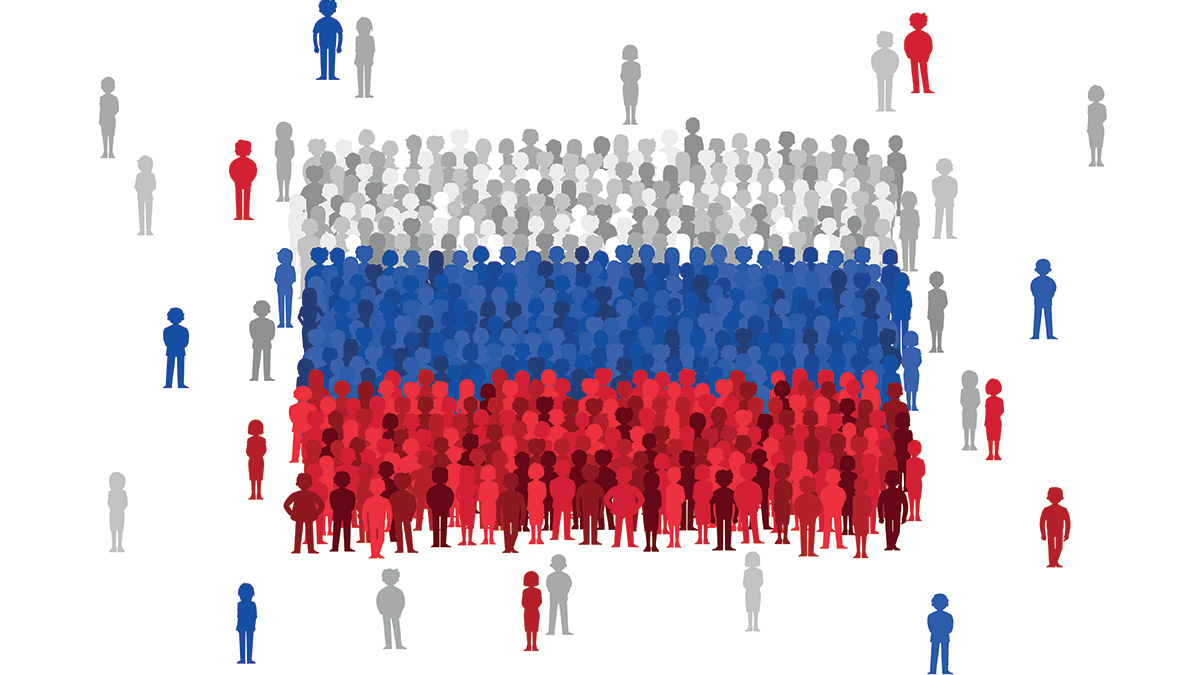Russian social policy has undergone significant transformations throughout its history, reflecting the country’s complex political and economic landscape. From the Soviet era’s emphasis on social welfare and equality to the post-Soviet period’s challenges and reforms, Russian social policy continues to evolve.
The Soviet Era: A Welfare State
The Soviet Union established a comprehensive social welfare system, providing free healthcare, education, and housing to its citizens. The state played a dominant role in social security, pensions, and labor rights. While this system ensured a certain level of social protection, it also suffered from inefficiencies and bureaucratic rigidities.
The Post-Soviet Transition: Challenges and Reforms
The collapse of the Soviet Union led to a significant decline in social welfare. The transition to a market economy resulted in rising poverty, unemployment, and social inequality. The government implemented reforms to address these challenges, but progress was slow and uneven.
The Putin Era: A Mix of Social Spending and Authoritarianism
Under Vladimir Putin’s leadership, the government has increased social spending, particularly on pensions and social benefits. However, this has been accompanied by a crackdown on civil liberties and a decline in democratic freedoms. The government has also implemented policies to boost the birth rate and support families, such as maternity benefits and child allowances.
Key Challenges in Russian Social Policy
- Inequality: Despite government efforts, income inequality remains a significant problem in Russia. A small group of wealthy individuals and oligarchs control a disproportionate share of wealth, while many Russians struggle to make ends meet.
- Corruption: Corruption undermines the effectiveness of social programs and leads to the misallocation of resources.
- Demographic Crisis: Russia faces a demographic crisis, with a declining population and an aging workforce. This poses challenges for the social security system and labor market.
- Healthcare and Education: While the government has invested in healthcare and education, these sectors still face challenges such as underfunding, corruption, and a lack of qualified personnel.
Future Outlook
The future of Russian social policy will depend on a number of factors, including economic growth, government policies, and geopolitical developments. To address the challenges it faces, Russia will need to implement comprehensive reforms, reduce corruption, and invest in human capital. It will also need to balance the need for social welfare with economic growth and fiscal sustainability.

Leave a Reply